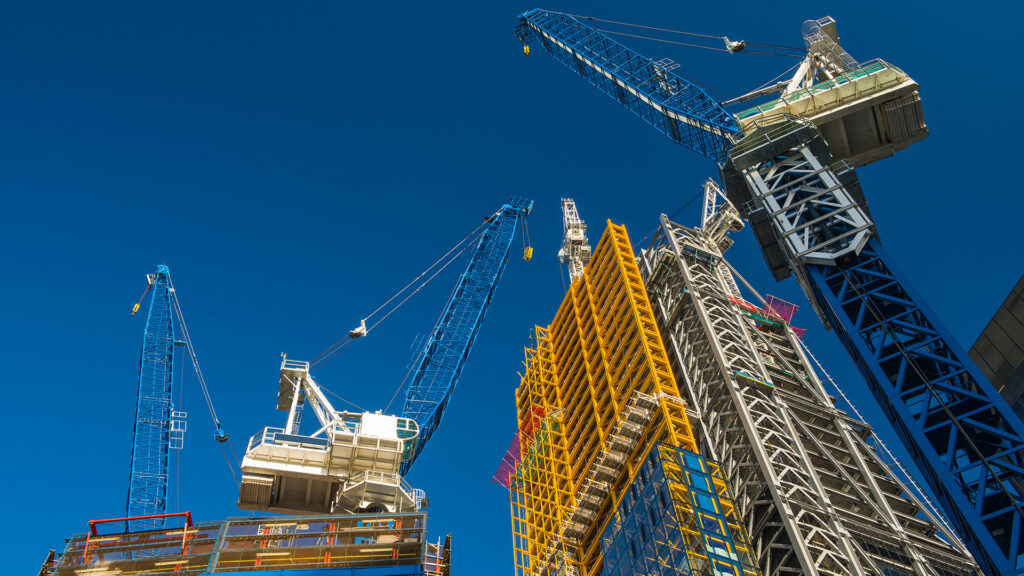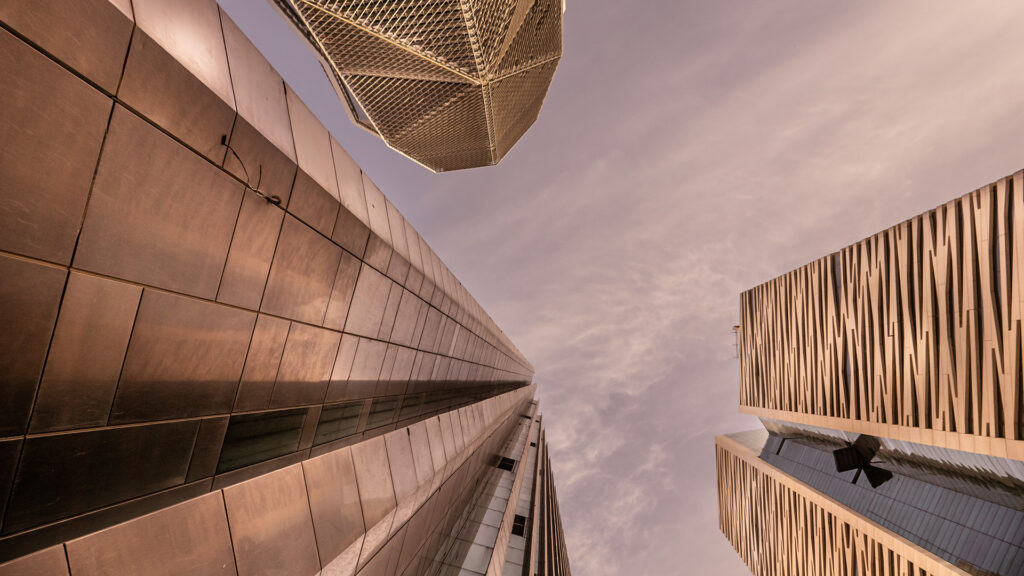Courting construction: The new technology & construction division of the DIFC Courts, April 2017
The DIFC Courts are proposing to increase and improve their existing offering by establishing a new, specialist Technology & Construction Division (TCD).
What is happening?
On 20 March 2017, the DIFC Courts issued, in draft, a new Part 56 of the Rules of the DIFC Courts (TCD Rules) for public consultation. The TCD Rules concern the establishment of the specialist TCD, which will hear claims involving “issues or questions which are technically complex” (TCD Claims).
What constitutes a “technically complex” issue or question is not prescribed in the TCD Rules, but a non-exhaustive list of examples of TCD Claims is provided. These include (as one might expect):
TCD Claims may also include claims for trespass and nuisance, claims arising out of fires and challenges to arbitrators’ decisions in construction and engineering disputes so, in this respect, the remit of the TCD closely follows that of the Technology and Construction Court in England and Wales (TCC).
Why is this important?
Currently, arbitration is overwhelmingly the forum of choice for resolving construction and technology disputes within Dubai, the UAE and the wider region. This is in large part due to the combination of certainty of process and the specialist technical expertise of the tribunal, often perceived to be lacking in the regional courts.
However, arbitration in the Middle East is not without its disadvantages. For complex disputes, the arbitral process can be lengthy and expensive. In addition, the regional courts’ inconsistency in enforcing arbitral awards remains a key concern.
The new TCD seeks to address these concerns and provide a forum for resolving disputes that offers the best of both worlds: the technical expertise and understanding found in arbitration combined with the certainty and efficiency of the existing DIFC Court regime. It is an important (and welcome) development in the UAE legal landscape, and one that is likely to make litigating complex disputes in the DIFC Courts much more attractive. In particular:
What’s next?
Given the DIFC Courts’ increasing popularity and the prevalence of building and construction disputes in the UAE and the wider region, the TCD is in many ways an inevitable and logical progression of the DIFC Courts’ services.
It is also timely. There is usually a delay between parties choosing a forum for dispute resolution in their contracts and formal proceedings commencing. With the number and scale of projects currently underway and planned in the region – for example, the World Expo in Dubai in 2020 and the FIFA World Cup in Qatar in 2022 – we expect the volume of regional, technically-complex disputes to increase significantly in the next five to 10 years. Proposing this initiative now allows time for the TCD to mature and establish itself as a viable alternative to arbitration, poised to be the dispute resolution forum of choice for many of those projects if and when disputes arise in the years to come.
Until the TCD is established, we expect most parties to continue to specify arbitration as their chosen method for resolving disputes in technically complex matters. However, that is not to say the TCD will have no role to play in those disputes. Parties are increasingly choosing to seat their arbitrations in the DIFC to take advantage of the pro-arbitration stance of the DIFC Courts and DIFC Arbitration Law (something we have discussed previously here ( http://www.hfw.com/DIAC-to-change-its-default-seat-of-arbitration-March-2017)). Under the TCD Rules, it is proposed that the TCD hear challenges to arbitrators’ decisions in construction and engineering disputes and we anticipate that the TCD will follow and confirm the DIFC Courts’ historical approach. We also expect to see existing cases in the DIFC Courts that are “technically complex” transferred to the TCD – something specifically provided for in the TCD Rules. However, as the TCD grows in reputation and familiarity, this may become less common as parties commence their cases in the TCD directly.
The draft TCD Rules will be open for public consultation until 22 April 2017 with the final rules expected in the second quarter of this year. We will write further on this topic once more information on the TCD is available.
Download a PDF version of ‘Courting construction: The new technology u0026 construction division of the DIFC Courts, April 2017’










